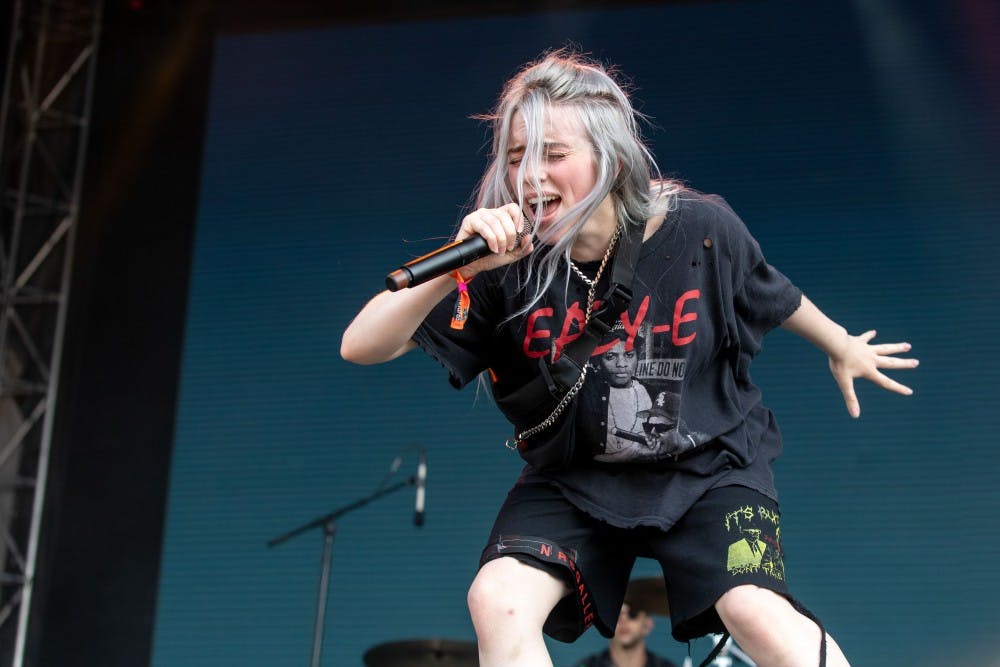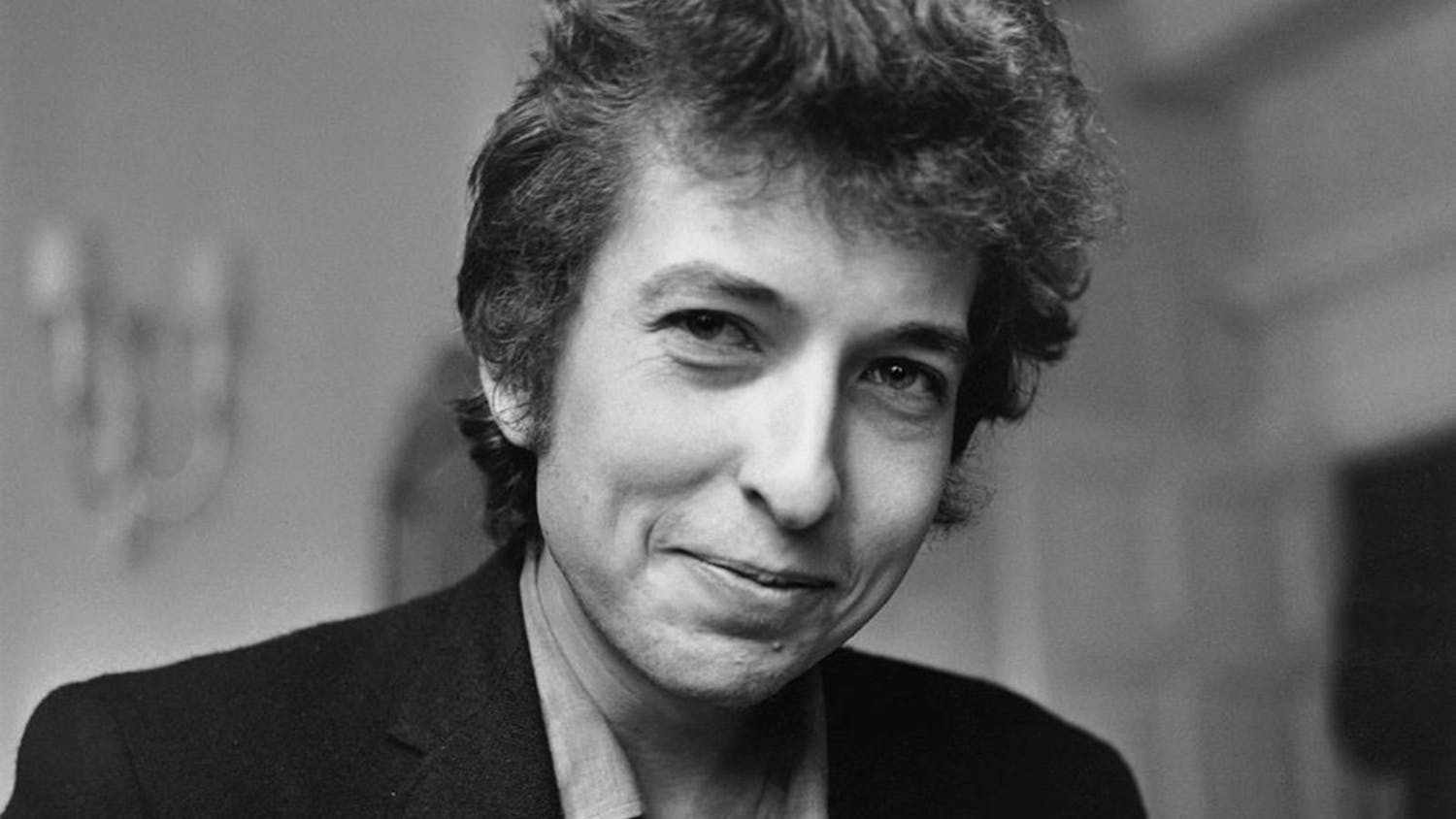I cannot tell you how excited I was to make fun of Billie Eilish.
The 17-year-old singer-songwriter went viral after the release of her debut single “Ocean Eyes” in 2016, when Eilish was only 14 years old.
Part of her virality was from her decidedly edgy image. For example, in the music video for her song “you should see me in a crown,” spiders crawl over Eilish’s body and face as she sings and it all feels like a bit much.
Now, less than three years later, Eilish’s debut studio album “When We All Fall Asleep, Where Do We Go?” was released last month.
Her aesthetic is still at the same levels of dark self-seriousness, with the album cover showing a possessed-looking Eilish with whited-out eyes. If the listener wants, they can completely discredit Eilish based on this alone.
But why stand in the way of inevitability?
“When We All Fall Asleep, Where Do We Go?” is exciting to listen to — the impression is that we’re listening to the beginning of something new, the first album of someone who has a real shot at lasting relevance in the music world. The album, I’m delighted to report, slaps.
Eilish’s voice is soft and silky, but with the just the right amount of bite needed for the album’s punchier tracks. Her voice seems like a potentially possessed Lorde, and an occasional gimmick that can only be likened to the sound of talking through a box fan miraculously actually works without being annoying.
Her more aggressive songs have a real swagger to their sound, thanks to stellar backing beats and Eilish’s slightly menacing tone.
Standouts in this category include “Bad Guy” and “Bury a Friend,” two songs with instrumentals that do wonders to drive the song forward, giving it a heartbeat the listener is scared will stop. The urgency is refreshing and a little intimidating.
But the album isn’t perfect. There are parts that do smack of immaturity, especially the song “My Strange Addiction.” Eilish samples “The Office” episode “Threat Level Midnight” multiple times in the song, something that starts out as funny but becomes a little annoying as the song continues.
The album’s more somber songs, such as “Xanny” and “When the Party's Over,” sound perfectly pathetic in a way that’s all too real. These are where Eilish’s age shines through — heartache at 17 burns in a way it doesn’t at 20, takes itself seriously while others diminish it to a teenage temper tantrum.
But paired with that seriousness is a self-awareness. In the admittedly questionably-named “Wish You Were Gay,” Eilish pairs her more emotional lyrics with canned sitcom audience sound effects, precisely timed laugh tracks or a wave of synced “awws.”
If you’re making fun of her, she’s in on the joke. Sadly, the mix of Eilish’s age, style and gender means to some that she isn’t worth taking seriously.
Mother Jones ran a review of Eilish’s album with the headline “Billie Eilish’s Mouthful of an Album Is an Overdramatic Tumblr Post Brought to Life.”
God forbid someone writes a song about having an emotion, especially if the artist is a young woman.
From Sylvia Plath to Lorde, art involving the emotions of young women has been discredited and viewed as less worthy than art centering on the feelings of a man. The album isn’t perfect, but Eilish has a fresh sound and undeniable talent.
She’s only 17 — just consider the music she’ll be making in five years. I can’t wait to listen.




